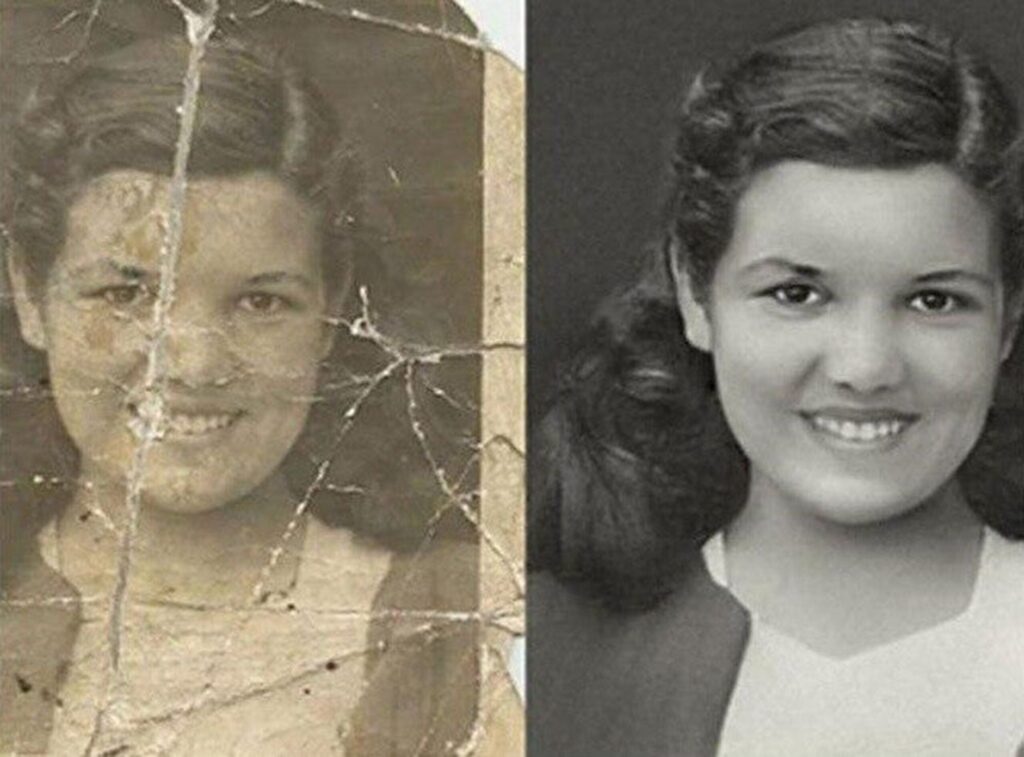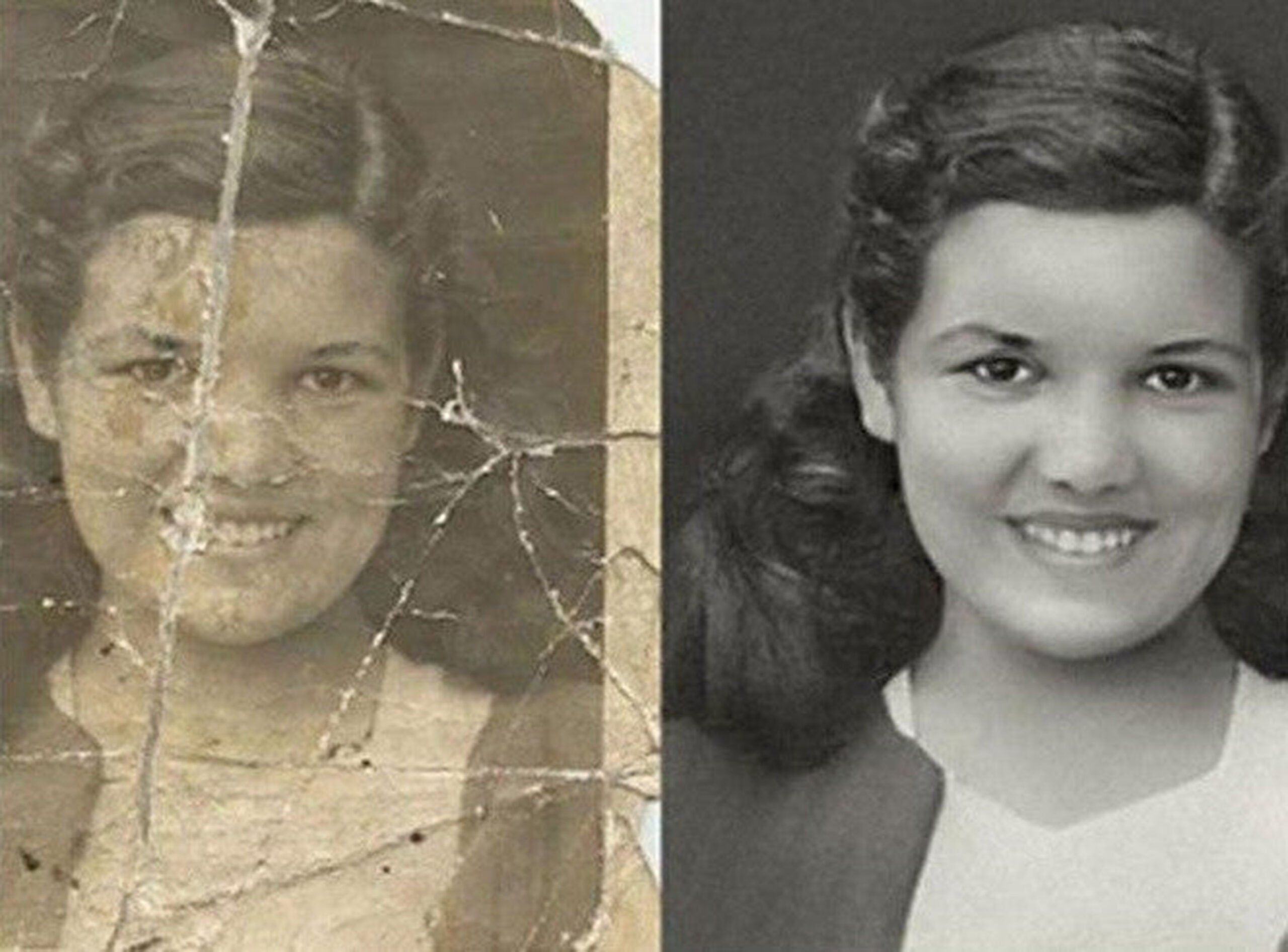
Understanding the Phrase “Old For”: Context, Implications, and Modern Usage
The phrase “old for” is a common expression used to describe someone who appears or behaves older than their actual age. This can refer to physical appearance, maturity level, or a combination of both. Understanding the nuances of this phrase requires examining its various contexts, the implications it carries, and how its usage has evolved over time. This article will delve into the multifaceted nature of being “old for” one’s age, exploring its social, psychological, and even biological aspects.
Defining “Old For”: What Does It Really Mean?
At its core, “old for” implies a deviation from expected norms. These norms are often dictated by cultural and societal expectations surrounding age. For instance, a child who displays a high level of responsibility and speaks with articulate precision might be considered “old for” their age. Similarly, an adult who exhibits physical signs of aging prematurely might also be described this way.
The definition is subjective and relies heavily on comparison. We assess someone as “old for” their age by implicitly comparing them to their peers or to a generalized expectation of how someone of that age should look or behave. This comparison can be influenced by various factors, including upbringing, environment, and individual personality.
Physical Appearance: The Visible Signs of Aging
One common interpretation of “old for” relates to physical appearance. This can involve premature greying of hair, wrinkles, or a generally weathered look. Several factors can contribute to this, including genetics, lifestyle choices (such as smoking or excessive sun exposure), and underlying health conditions. While some individuals may naturally age faster than others, certain habits can accelerate the process.
The societal pressure to maintain a youthful appearance can make this aspect of being “old for” one’s age particularly sensitive. Individuals may feel self-conscious about their appearance and seek ways to mitigate the visible signs of aging. The beauty industry thrives on offering products and treatments that promise to reverse or slow down the aging process.
Maturity and Behavior: Acting “Wise Beyond Their Years”
Beyond physical appearance, “old for” can also refer to a person’s maturity level and behavior. This is often observed in children who exhibit a level of understanding and responsibility that is beyond what is typically expected of their age group. These children may be described as “wise beyond their years” or as having an “old for” soul.
Several factors can contribute to a child’s premature maturity. These include experiencing significant life challenges, such as family responsibilities or exposure to difficult situations. In some cases, children may naturally possess a high level of empathy and understanding, leading them to behave in a more mature manner. While maturity is generally seen as a positive trait, it’s important to ensure that these children still have opportunities to enjoy their childhood and engage in age-appropriate activities.
The Implications of Being “Old For” Your Age
Being perceived as “old for” one’s age can have both positive and negative implications. On one hand, it can lead to increased responsibility and respect. Individuals who are seen as mature and capable may be given more opportunities and trusted with important tasks. On the other hand, it can lead to social isolation and a feeling of being out of sync with one’s peers.
Social Implications: Fitting In and Feeling Accepted
Social acceptance is a crucial aspect of human development, particularly during childhood and adolescence. Being perceived as different, whether due to appearance or behavior, can lead to feelings of isolation and exclusion. Children who are “old for” their age may struggle to connect with their peers, who may not share their interests or understanding. This can lead to feelings of loneliness and a sense of not belonging.
For adults, the social implications may be less pronounced, but they can still exist. Individuals who look or act significantly older than their age may face ageism or discrimination in various settings, such as the workplace or social gatherings. They may also feel self-conscious about their appearance and struggle to maintain a sense of self-confidence.
Psychological Implications: Self-Perception and Identity
The way we perceive ourselves is heavily influenced by how others perceive us. Being constantly told that you are “old for” your age can shape your self-perception and identity. Children who are frequently praised for their maturity may internalize this label and strive to maintain it. This can lead to a pressure to always be responsible and to suppress their more childlike impulses.
Similarly, adults who are constantly reminded of their aging appearance may develop a negative self-image and struggle to accept the natural process of aging. This can lead to anxiety, depression, and a preoccupation with maintaining a youthful appearance. It’s important to cultivate a healthy self-image that is not solely based on external validation or societal expectations.
Factors Contributing to Being “Old For” Your Age
Several factors can contribute to an individual being perceived as “old for” their age. These factors can be broadly categorized as genetic, environmental, and lifestyle-related.
Genetic Predisposition: The Role of Heredity
Genetics play a significant role in determining how we age. Some individuals are genetically predisposed to age faster than others, exhibiting signs of aging earlier in life. This can include premature greying of hair, wrinkles, or a general decline in physical health. While we cannot change our genetic makeup, understanding our genetic predispositions can help us make informed lifestyle choices that can mitigate the effects of aging.
Environmental Factors: Exposure to Stress and Toxins
Exposure to environmental stressors and toxins can also accelerate the aging process. This includes factors such as air pollution, excessive sun exposure, and exposure to harmful chemicals. These stressors can damage our cells and tissues, leading to premature aging. Protecting ourselves from environmental stressors is crucial for maintaining our health and slowing down the aging process.
Lifestyle Choices: The Impact of Diet and Exercise
Our lifestyle choices have a profound impact on how we age. A healthy diet, regular exercise, and adequate sleep are essential for maintaining our physical and mental well-being. Conversely, unhealthy habits such as smoking, excessive alcohol consumption, and a sedentary lifestyle can accelerate the aging process. Making conscious choices to prioritize our health can significantly impact how we age and how we are perceived by others. If you find yourself looking “old for” your age, consider evaluating your lifestyle choices.
Modern Usage and Evolving Perceptions
The phrase “old for” continues to be used in modern language, but its connotations may be evolving. With increasing awareness of diversity and individual differences, there is a growing acceptance of individuals who deviate from societal norms. While the pressure to conform to age-related expectations still exists, there is also a greater appreciation for individuality and authenticity.
In conclusion, the phrase “old for” is a complex and multifaceted expression that encompasses both physical appearance and maturity level. Understanding its nuances requires considering the social, psychological, and biological factors that contribute to our perceptions of age. While being perceived as “old for” one’s age can have both positive and negative implications, it’s important to cultivate a healthy self-image that is not solely based on external validation or societal expectations. Ultimately, embracing our individuality and celebrating our unique qualities is the key to aging gracefully and living a fulfilling life. Someone might be considered “old for” their age due to various factors, and understanding these factors is key to a more nuanced perspective. It is crucial to remember that being “old for” your age doesn’t define you; it’s just a perception. Another consideration is how media portrays being “old for” your age and the impact it has on society. Is being “old for” your age a bad thing? Not necessarily. It depends on the context and how you perceive it. The important thing is to embrace who you are, regardless of how others perceive you. Even though someone is “old for” their age, it is important to treat them with respect and understanding. Remember that everyone ages differently, and there is no one-size-fits-all approach. If someone is “old for” their age, it doesn’t mean they are any less valuable or capable. It simply means they may have different experiences or perspectives. Being “old for” your age can also mean that you possess valuable wisdom and experience that others may not have. Embrace your unique qualities and share your knowledge with the world. While the term “old for” may sometimes carry negative connotations, it’s important to remember that aging is a natural and inevitable process. Embrace the journey and celebrate the wisdom and experience that come with it. Ultimately, being “old for” your age is just one aspect of who you are, and it doesn’t define your worth or potential. Focus on living a fulfilling life and embracing your unique qualities, regardless of how others perceive you. The phrase “old for” is an interesting one, and understanding its context is important. It’s really about perception more than anything else. So, the next time you hear someone say someone is “old for” their age, remember that it’s just a perception and doesn’t necessarily reflect reality.

